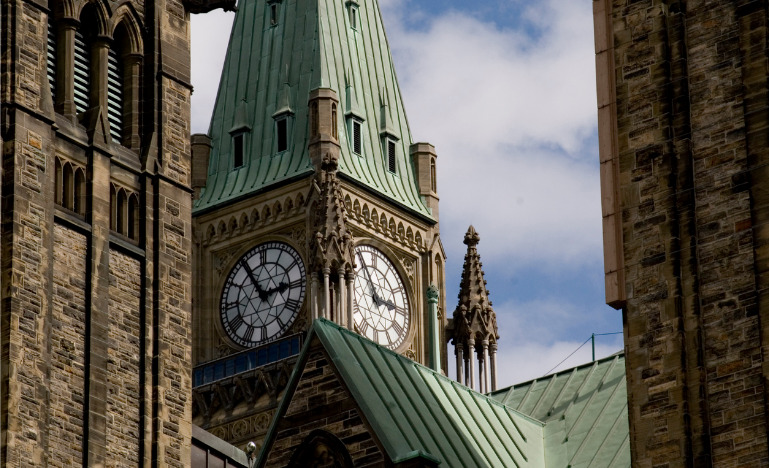Concerns over time extensions
Federal proposal to suspend or extend court timelines isn’t always clear, and some of the measures aren’t necessary.

Federal Justice Minister David Lametti has been circulating draft legislation that would suspend or extend the statutory and regulatory timelines that govern court processes in several areas, including divorces, bankruptcy and insolvency proceedings, and foreign takeovers.
In a submission letter to the Justice Minister, several CBA sections are raising concerns on aspects of the proposed legislation (the Time Limits and Other Periods Act (COVID-19)).
"It's fairly broad and the wording is a bit general, so there are some concerns around what steps might be required to obtain the relief in some circumstances, and whether or not the legislation will apply to all federal acts and legislation or just specific ones," says Thomas Laughlin, partner at Stewart McKelvey in Charlottetown and the chair of the CBA Policy Committee.
Laughlin says that the CBA has been pushing for this kind of legislation since the beginning of the pandemic.
The bill, as drafted, would retroactively suspend or extend timelines that exist in statute or regulation by six months starting from March 13th, with a sunset clause of September 30th, 2020. Orders made under the authority granted to the minister would need to be published online within five days, posted in the Canada Gazette in 14 days, and tabled in the House of Commons in three sitting days or as soon as possible, if not sitting.
The House of Commons is scheduled to rise on June 17th for the summer, but four sitting dates in July and August have been proposed as part of a special committee meeting on the pandemic.
Kameleh Nicola, a partner at Baker & McKenzie LLP in Toronto, and chair of the CBA's Federal Courts Bench & Bar Liaison Committee, says that the draft bill remains unclear as to its scope with section 6 – time limits related to proceedings.
"We would want some certainty whether the phrase 'Act of Parliament' would include regulations," says Nicola.
She adds that the bill should have discretion built in to ensure that the emergency measures that are taken by the federal government, particularly because there is some interplay between federal and provincial legislation. For example, there are timelines under the Trademarks Act that follow provincial statutory limitations. In Ontario, there is a two-year limitation to commence an action under certain grievances if the litigants are located in the province. But if they are in different provinces, the six-year federal statute of limitations applies.
It isn't always clear what exactly is being extended, says Nicola. "There needs to be more clarity, and if emergency measures are extended, then there should be some kind of process built in to the Time Limits Act to accordingly extend the suspension."
What's more, says Nicola, there should be more focus on applying suspensions on a case-by-case basis. "We would want to see more discretion given to the courts to extend a period or not," says Nicola.
The Federal Court and Federal Court of Appeal have already put in suspension periods under their legislated powers, she adds
"How do those suspensions operate in the scheme of the Time Limits Act?" asks Nicola. "That is very unclear for us as well. What do the courts do? How do they operate? The Federal Courts Act is not included under Section 7 of this proposed Act, so how do they manage their processes?"
According to Laughlin, there is a concern about creating an additional burden where time limits are concerned, particularly if there will be a massive influx of submissions by the September 14th date when most of these measures will expire.
On that issue, the federal courts have "have come up with an elegant solution so that there isn't a rush."
"Say someone had three days left under the statutory time limit – those three days are added onto the end of the suspension period," she says. "It's as if the intervening suspension period doesn't exist."
Other concerns outlined in the CBA submission include the Competition Law Section emphasizing the importance of regulatory certainty. It would like the government to keep suspensions or extensions as short as possible. It also called the retroactive application of an extension or suspension to March 13th “inappropriate,” as it could damage Canada's reputation as a predictable, rule-of-law jurisdiction in which to invest.
The Section also argues that the government does not need more time than it already has to carry out national security reviews under the Investment Canada Act.
A spokesperson for Lametti said that she could not comment on the date when the bill would be tabled in the House of Commons – only that they had recently concluded the ten-day comment period and would need to review the submissions before moving ahead.


